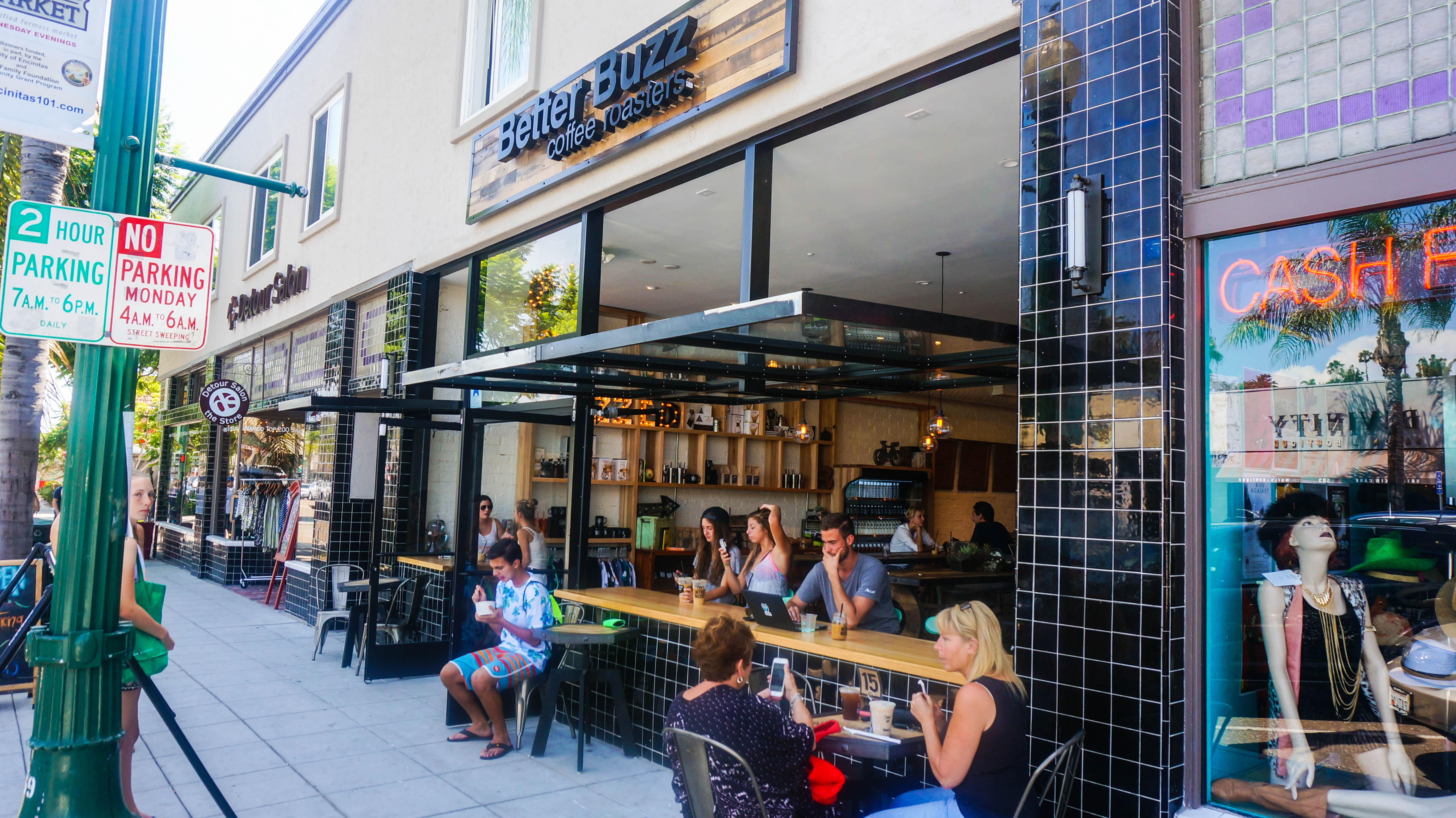


The term “most popular” can be defined differently. The original story called coffee the world’s most popular beverage. This is an updated version of a story originally published on Jan. But as most reading this already know, coffee will definitely wake you up in the morning. Complexity, combined effects and variation between individuals seems to be the theme across all the diseases.Īt the end of the day, where does all this leave us on the biology of coffee? Well, as I tell my students, it’s complicated. Higher coffee consumption has also been linked to lower rates of Type 2 diabetes. Strikingly, at least one experimental study in mice and cell culture shows that protection is a function of a combination of caffeine and antioxidants in coffee. Higher coffee consumption is linked to lower rates of Parkinson’s disease and some other forms of dementia. Interestingly, coffee consumption has also been linked to reduced rates of other diseases as well. Several studies have shown that coffee consumption reduces the rates of some diseases in rats and mice. Other studies in humans have shown that coffee consumption is associated with lower rates of some cancers. Studies have shown that consuming coffee fights cancer in rats. One type of damage that they may help reduce is mutations to DNA, and cancer is caused by mutations that lead to the misregulation of genes. Remember that antioxidants fight cellular damage. The antioxidants in coffee may actually have a cancer-fighting effect. My research group studies gene regulation and I can tell you that even a good cup of coffee, or boost of caffeine, won’t cause genes that are turned off or on at the wrong time to suddenly start playing by the rules. Part of answering the question of coffee’s connection to cancer lies in asking another: what is cancer? At its simplest, cancer is uncontrolled cell growth, which is fundamentally about regulating when genes are, or are not, actively expressed. Coffee and cancerĬoffee won’t cure cancer, but it may help to prevent it and possibly other diseases as well. It is unclear if supplementing our diet with additional antioxidants can augment these natural defences, but that hasn’t stopped speculation.Īntioxidants have been linked to almost everything, including premature ejaculation.Īre any of the claims of positive effects substantiated? Surprisingly, the answer is again a resounding maybe. Metabolic processes produce the energy necessary for life, but they also create waste, often in the form of oxidized molecules that can be harmful in themselves or in damaging other molecules.Īntioxidants are a broad group of molecules that can scrub up dangerous waste all organisms produce antioxidants as part of their metabolic balance. What about the antioxidants in coffee and the buzz that surrounds them? Things actually start out pretty straightforward. Other studies, though, have shown that decaffeinated coffee can have as strong an effect on bowel activity as regular coffee, suggesting a more complex mechanism involving some of the other molecules in coffee. In one study using rats, caffeine triggered smooth muscle contraction, so it is possible that caffeine directly promotes bowel activity. We may be interested in coffee because of the oh-so-joyous caffeine buzz, but that doesn’t mean that caffeine is the most biologically interesting aspect of a good cup of coffee. And, like much of biology, that variation is a function of environment, our past coffee consumption, genetics and, honestly, just random chance. Even away from those extremes, however, there is variation in how we respond to that cup of coffee.

There are individuals who don’t process caffeine and to whom drinks like coffee could pose medical danger. There are likely other sites of genetic variation as well. At least some of this variation is from having different forms of that adenosine receptor, the molecule that caffeine binds to and blocks. The National Film Board of Canada produced a documentary on the cultural history of coffee called ‘Black Coffee: Part One, The Irresistible Bean’ Unique responsesĭifferent people respond to caffeine differently.


 0 kommentar(er)
0 kommentar(er)
